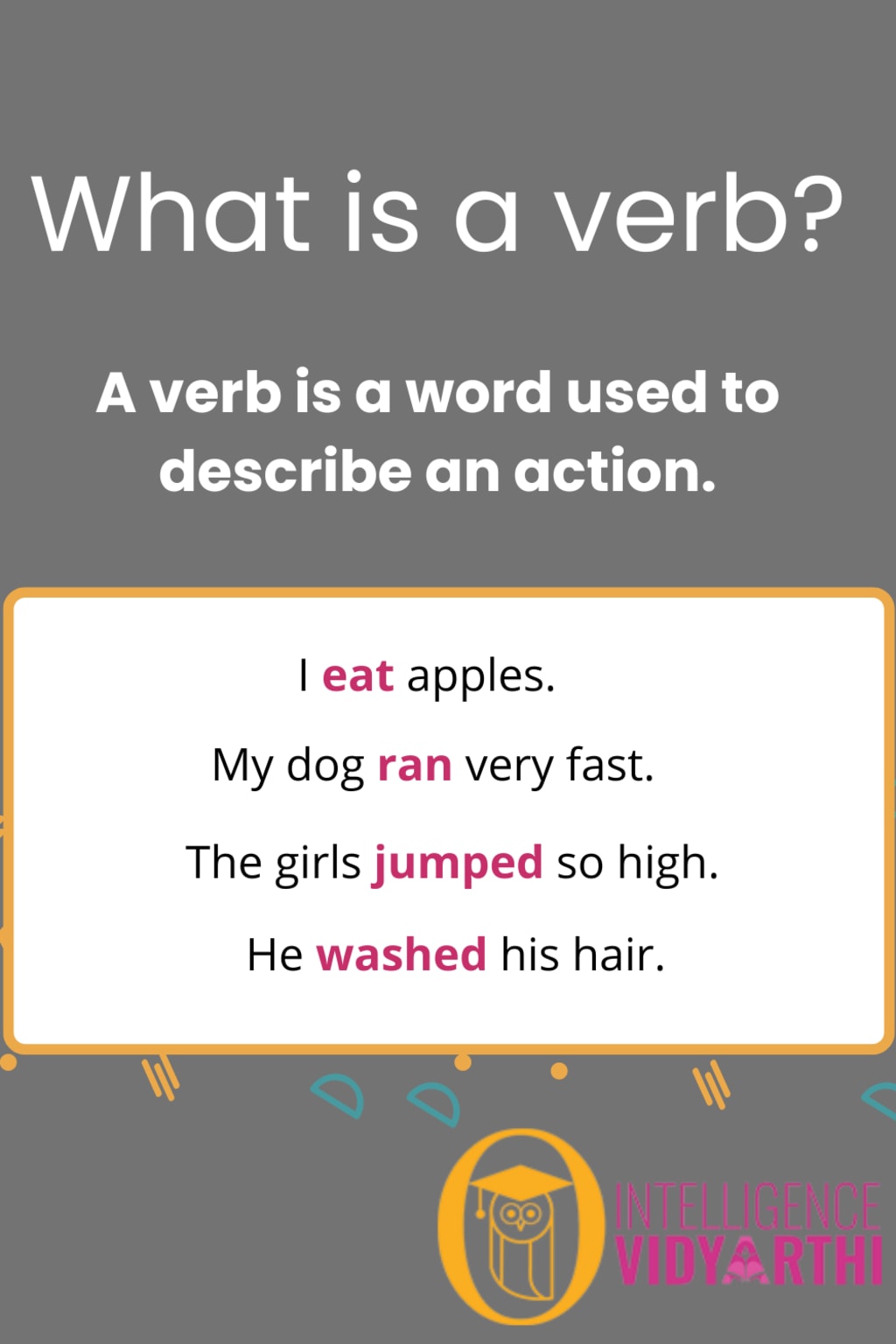Verbs: Definition and Meaning
Understanding Verbs: Definition and Meaning

Verbs are the powerhouse of language, driving action, conveying states of being, and connecting ideas in sentences. In the realm of grammar, verbs hold a pivotal role, defining the action or occurrence within a sentence. Understanding their definition and meaning enriches our ability to communicate effectively.
At its core, a verb is a word that expresses an action, occurrence, or state of being. It is a fundamental building block of sentences, enabling us to describe what someone or something does (e.g., “run,” “sing,” “talk”), what happens (e.g., “occur,” “happen,” “arrive”), or what someone or something is (e.g., “is,” “am,” “are”).
Verbs are dynamic; they inflect to indicate tense (past, present, future), aspect (simple, progressive, perfect), mood (indicative, imperative, subjunctive), and voice (active or passive). This versatility allows verbs to adapt to different contexts, adding nuance and clarity to our expressions.
Verbs can be categorized into several types based on their function and form:
Action Verbs: These verbs denote physical or mental actions (e.g., “run,” “think,” “write”). They illustrate what someone or something does actively.
Linking Verbs: Linking verbs connect the subject of a sentence with a noun, adjective, or other elements that describe or rename the subject (e.g., “is,” “appear,” “seem”). They establish a relationship between the subject and its complement.
Modal Verbs: Modal verbs express possibility, necessity, permission, or ability (e.g., “can,” “may,” “must”). They modify the meaning of the main verb in terms of likelihood or obligation.
Auxiliary Verbs: Also known as helping verbs, auxiliary verbs assist the main verb in forming tenses, questions, and negatives (e.g., “have,” “do,” “be”). They do not convey a specific action on their own but support the main verb.
Transitive and Intransitive Verbs: Transitive verbs require a direct object to complete their meaning (e.g., “eat,” “build”), while intransitive verbs do not (e.g., “arrive,” “sleep”).
The Power of Verbs in Communication
Verbs are essential for effective communication because they:
Convey Action and Movement: Verbs breathe life into sentences by describing actions and events, making narratives vivid and engaging.
Provide Clarity and Precision: Choosing the right verb ensures that the message is clear and concise, avoiding ambiguity.
Express Time and Continuity: Tense forms of verbs indicate when actions occur, helping to sequence events and maintain coherence in storytelling.
Evoke Emotions and Atmosphere: Strong verbs can evoke specific emotions or create a particular atmosphere, influencing the tone of writing.
While verbs are versatile, their usage can pose challenges:
Verb Tense Consistency: Maintaining consistent verb tenses throughout a narrative or dialogue is crucial for clarity and coherence.
Choosing Appropriate Verbs: Selecting precise verbs that convey the intended meaning requires careful consideration of context and tone.
Avoiding Verbal Redundancy: Repetitive use of verbs can detract from the flow of writing. Varying verbs enhances style and engagement.
Verbs form the backbone of language, enabling us to articulate actions, describe events, and express states of being with precision and clarity. Understanding their diverse forms and functions empowers us to communicate effectively in both spoken and written contexts. Whether describing everyday activities, narrating stories, or discussing complex ideas, verbs remain indispensable in shaping our language and conveying meaning. Embracing their richness and versatility enhances our ability to express ourselves eloquently and connect meaningfully with others.
About the Creator
SAKSHEE SHUKLA
https://intelligencevidyarthi.in/course_details?table_manners_&_etiquettes&cm=MTc=
Enjoyed the story? Support the Creator.
Subscribe for free to receive all their stories in your feed. You could also pledge your support or give them a one-off tip, letting them know you appreciate their work.





Comments
There are no comments for this story
Be the first to respond and start the conversation.